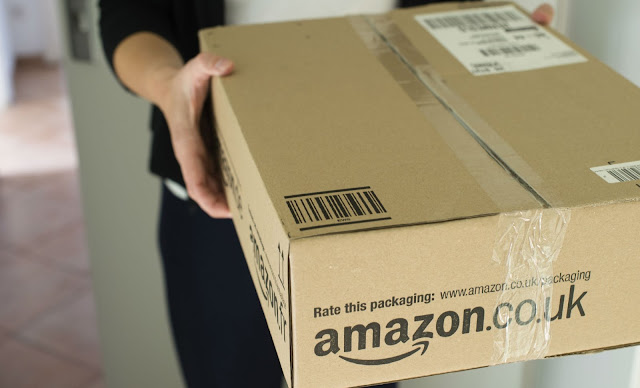Role of AI in Advertising
ROLE OF AI IN ADVERTISING
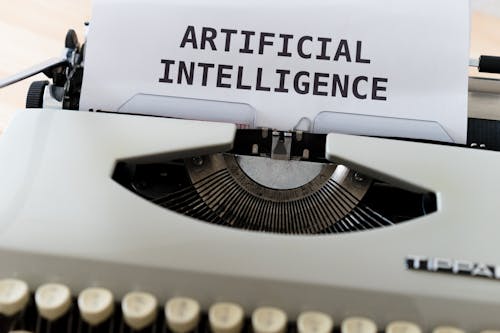
Artificial Intelligence, commonly known as AI, has now become an integral part of our daily lives. AI-based technologies heavily influence both our personal and professional lives, be it Alexa, chatbots or the recommendation tools on Netflix, Youtube and Spotify.
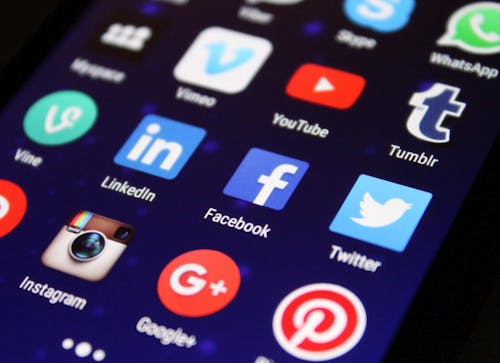
In a similar manner, it has changed the face of advertising!
AI can be considered as a revolutionary thing in the advertising and marketing sector. With AI, the procedure of creating ads, buying ads and targeting the right audience has become simple with less or no human intervention.
AI uses ML or Machine Learning algorithms that can predict responses of customers and use it in ad platforms towards specific ads. In Fact, AI has totally taken over the world of advertising, and it has the capability of doing every task that brands require for advertising.
This article will bring forth how AI is genuinely transforming the advertising industry and what is the role of AI in advertising. The article will also look at how brands can create efficiently with the help of AI tools in advertising.
How is AI in advertising different from older technologies?
The fundamental difference and perhaps most important feature of AI is that it can analyze massive amounts of data in a short period of time. The most important resource in this digital world is data and what distinguishes AI from other technologies is that it has the ability to process massive datasets. Also, AI can make predictions and recommendations, unlike traditional software.
With traditional software, humans need to make it work, and the outcome would be based on what has been programmed. If the programs need to be efficient, there has to be a proper software update by the developers. But with AI, there is no need for the developers to get involved. AI-backed systems can themselves improve the analysis of data, improve the predictions and in short, learn everything on its own.
Let's look at past developments a bit!
If we want to look into the past developments of how AI technologies emerged and impacted the advertising sector, we need to know what the ad sector was before AI. Before AI, people had to do a manual analysis of audience research, creation of ads and releasing campaigns based on an allocation of budget.
But then arrived the need to process thousands of data. And slowly AI made its entry in the market of advertising!
The historical timeline of how AI slowly emerged and impacted the advertising industry can be summed up in the following table.

These predictive analytics helped advertisers in moving their business merchandise in a much effective manner in accordance with the weather. For example, advertising of products such as umbrellas, warm clothes, etc. was broadcasted after having the weather forecasted in advance.
This technological innovation was also the starting of targeting the ads in specific places such as wherever the local temperatures dropped below 67 degrees, ads for products for warmer clothes were targeted.
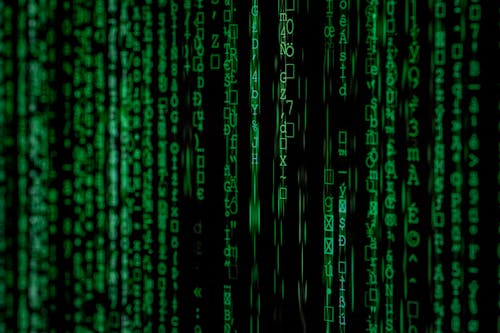
As can be seen from the timeline, in 1998, Amazon started using "collaborative filtering" that enabled recommendations for millions of users. These recommendations are now an essential aspect of every app that we use, be it Netflix, Youtube or suggestion of friends on Facebook. This usually occurs as consumer's data is clustered and interpreted by AI-based systems, and it produces recommendations in real-time.
By 2013 and 2014, the ease of content creation and content marketing was enabled by AI that impacted the advertising industry in a positive manner. More and more advertising opportunities were created, and AI-enabled tools made it easier for doing laborious tasks of researching the target audience and targeting the ads. Programmatic digital ads quickly became the new normal for advertisers across the globe.
Come 2015, and there emerged many more AI algorithms to improve the ability of search engines to provide better results. Even if the system couldn't process a particular search request, the algorithm made the relatable information available to refine the search. Through all this, the consumers, as well as advertisers, gained better results.
In 2016, with chatbots, speech recognition and recommendations, more and more advertisements were making their way on numerous platforms. With such developments, AI has truly changed the once difficult tasks of advertising and made quick decisions with its smartness. Every ad is customized according to the data collected by the consumer.
Be it on our phones, tablets or laptops, and sometimes there is a bombardment of ads targeted explicitly in such a manner that it arouses our curiosity to click on it!
How exactly is AI applied in the realm of Advertising, and why is it so?

Humans have been producing a good bunch of advertisements, taken the feedback of that advertisement and then improved those advertisements according to the audience.
But why AI has overpowered this particular capability of humans is that AI can handle tons of data in a fraction of second!
If an organization can detect the right kind of AI tools and use it across search, content and all social media handles, specifically for curating ads, all this can happen in seconds or a few hours. The mechanism of AI allows advertising to happen in such a way that it can generate data and know what is working and what is not. It can also predict what all changes must be brought into the ad campaign to make it work.
AI also has the ability to increase the return of spending on ads by being more efficient and reduce the need to employ staff. In Fact there is no need to supervise these tools. It can learn on its own by analyzing the data sets and through experimentation.
As a summary, we can understand how AI is applied in the realm of advertising in three points.
- AI can analyze and act on a large scale of data, thereby increasing the revenue.
- Its tremendous insights and superior speed accuracy makes it more advantageous.
- It is faster, quicker and efficient- all this reduces cost.
Hence, it can be easily understood why more and more people have turned to AI for advertising purposes. It seems as though AI is a natural fit for this field, working on data at a larger scale and moving ahead on its own by learning on its own.
Humans naturally would require days to complete all these work, and it would also be challenging to employ good people to work in this industry. Even though creative individuals are needed to thrive in the advertising industry, we cannot disregard the fact that AI can actually reduce costs, increase revenue and become advantageous as discussed before.
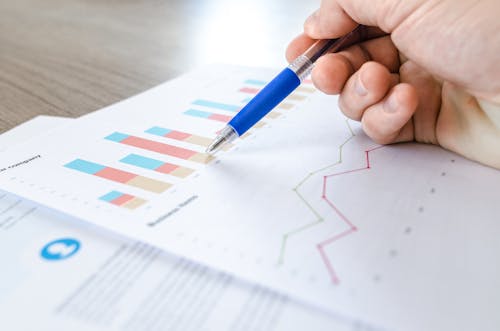
AI will always be quick in improving campaigns and holding insights by processing the data. If we look around us, there are numerous areas and cases where AI has been in use successfully. Hence, the future of AI in advertising is not far off!
AI-Powered Cases of Advertising
There is no denying of the Fact that AI has indeed engulfed the entire paradigm of advertising. There are so many areas in the advertising sector that can be proof of this statement. Let us discuss these areas in more detail.
Focussing on Gathering the Right Audiences

We have already discussed many times how AI-backed tools can target the right audience and improve ad campaigns. It can process the available data, create an ideal set of the targeted audience and then manoeuvre the process in such a manner that the product or service reaches the maximum audience.
AI already has large sets of customer data that it can use to look at their behaviour, performances and then target the services accordingly. Doing all this manually would become so tedious.
Moreover, AI will evolve on its own by making predictions on the performance of the audience and then make changes to expand the target of other consumers. It can on its own identify if there are any conversions in the audience and make suitable changes in terms of ad spending.
Using AI, we can even create a targeted audience where we can scale the campaigns and reach a better audience. All this will be done automatically using AI.
Ad Platforms
All digital advertising takes place on ad platforms such as Instagram, Youtube, Snapchat and Facebook. All this is quite familiar to us, but we need to know how this is done.
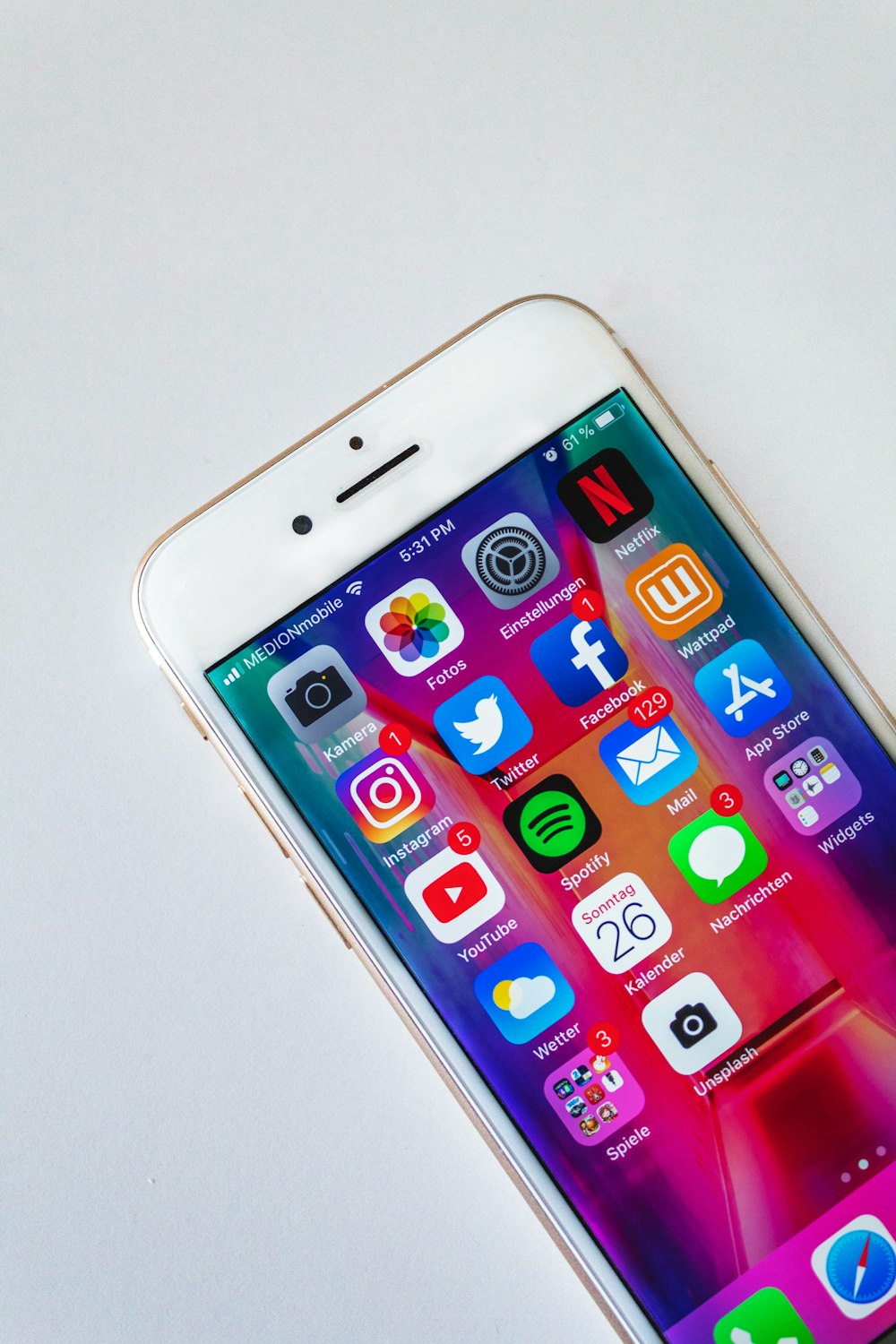
There involves the use of AI in regulating, purchasing and selling of advertisements in real-time on these platforms. In fact, AI dictates as to how each spend is being used, whether the ad is targeted to the right people, who all are viewing these ads and how effective are the ad campaigns.
For example, on Facebook, there are two key components in advertising. Ad frequency and relevance score. These two components are used in Facebook algorithms to determine how much an individual pays and how the ads are portrayed; all this is done without any involvement of humans. There is also the option of sending audience feedback on Facebook. If that is rated poorly by the customer or a user of Facebook, the relevance score goes down. This will mean that the AI-backed system will start hitting other relevant ads to improve the score.
These AI systems use data points in this entire procedure of advertising on ad platforms.
Creation of Ad
Would you imagine, if I say that AI can even partially or fully create advertisements without any interference of a human? As a human, you need to set some goals based on how the ad looks, and that's it! The AI will create and curate the ads.

This feature is used in certain social media ad platforms where automatically ads are suggested based on what an individual is promoting. There are also third-party tools that use algorithms to carve out ad copy based on an individual's requirement. There are two basic languages in this regard that create ad copies and can actually function better than humans that too at high speed.
- NLP: Natural Language Processing
- NLG: Natural Language Generation
Hence with such tools and technology, we can imagine a period of time taking over when even ads would be curated by AI entirely!
Management, Performance and Optimization of Ad Spend
With AI, there is basically an entire platform or system that is managing your ads such as by steering ad spending towards right audiences or particularly those who are likely to convert. It also prioritizes as to what all places are suitable to throw open the ads.
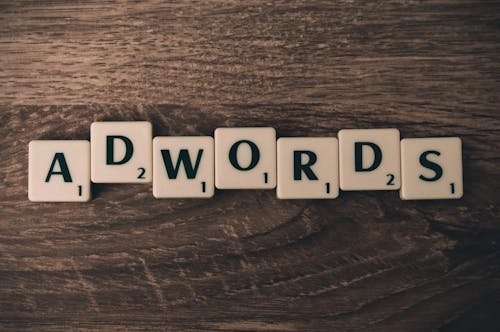
ML algorithms can also analyze and send recommendations for improving the performance of ads. In fact, they can even point out any mistakes in the process of advertising that were potentially harming the performance of the ad, that as an individual, you didn't even know existed!
This is probably one of the boons of AI that actually made things easier for people in the advertising sector. Before the advent of these technologies, people from the advertising sector had to select the correct audience, make spreadsheets for optimizing the ad spend, and insights were gained manually. But things are much more straightforward and easy now!
AI actually does the entire task for people, and the best part is that these ads can be garnered across different sets of people in a short span of time and if the outcomes are not desirable, the ads can be adjusted as well. The ad campaigns are also much more result-oriented!

The whole point of using AI is that as an individual, humans can work on more strategically important tasks and delegate these laborious tasks to AI. There are various AI tools that can manage ad performance and optimize them on their own.
Ad Targeting by Image Recognition
With image recognition, there is no need to type keywords for advertisement. The AI bot will recognize the image patterns and then target a suitable advertisement based on it. In this procedure, new versions of ads are targeted at the audience on the same page either on the top or somewhere in the bottom that actually resonates with what the audience was already viewing.

As an example, maybe I was reading an article on the harmful effects of blue lights from the desktop. And since I was reading this particular article, the AI bot would target an advertisement of spectacles that can actually lessen the harmful impacts of this blue light.
Hence, this type of correlation-based ad targeting is something that is easily achievable with the help of AI where advertisers just need to set the commands appropriately, and the entire task would be done!
Role of Other Technologies in Advertising
- Neutral Networks - The role of neural networks in a simple and precise manner is to work on recognizing patterns and gather the most valuable outcomes from the data. Neutral networks can be understood as interrelated nodes that are best suited for understanding patterns. These mathematical models can do the work of the human brain and replicated AI.
- Machine Learning - ML is a branch of AI and works alongside AI. It can analyze the data, learn from the results, recognize patterns and can optimize ad campaigns to make advertising more efficient.
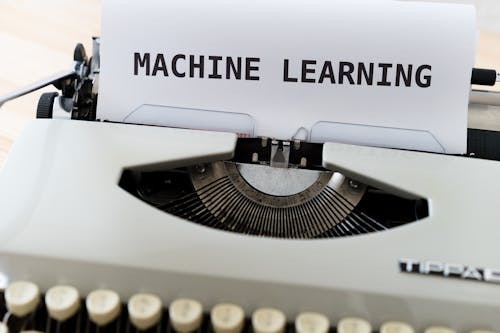
- Deep Learning - Deep Learning can be termed as a branch of ML that applies data processing tools of neutral networks for analyzing the data in such a manner that the data can be categorized. This categorization is important for predictive modelling, segmentation, ad bidding, audience extension, etc. Google and Facebook use deep learning implementation for predictive modelling.
What the Future of Advertising Holds?
Over the next few years, we can imagine a world of advertising where AI will personalize and customize every ad. Ads will be tailored according to the customers and audience. We can even expect AI to be our personal shopper, thereby eradicating the essence of traditional ads.

As newer innovations will emerge in the market, cost-saving and efficiency would be all the more important. Though AI might act like a stalker, it will also add up to your ability to learn more about products and their reviews.
So both from the point of view of consumers and advertisers, AI will impact positively that will also usher in new opportunities.
If you would like to see a demo of AI in action and automating your Amazon PPC you can head over to our registration page and register for a 14 days free trial.
